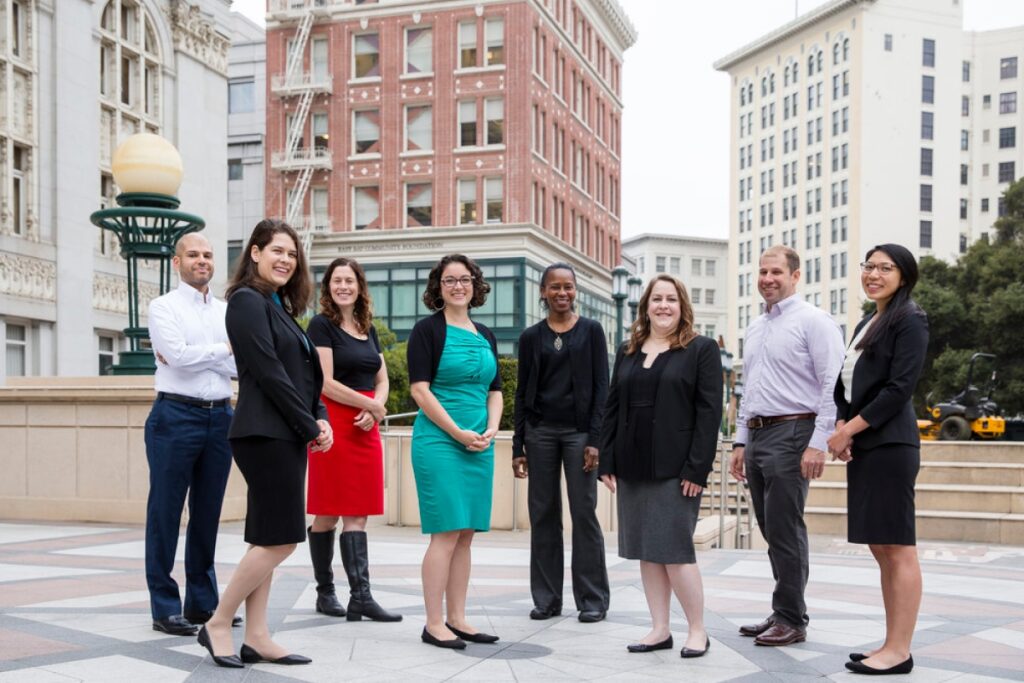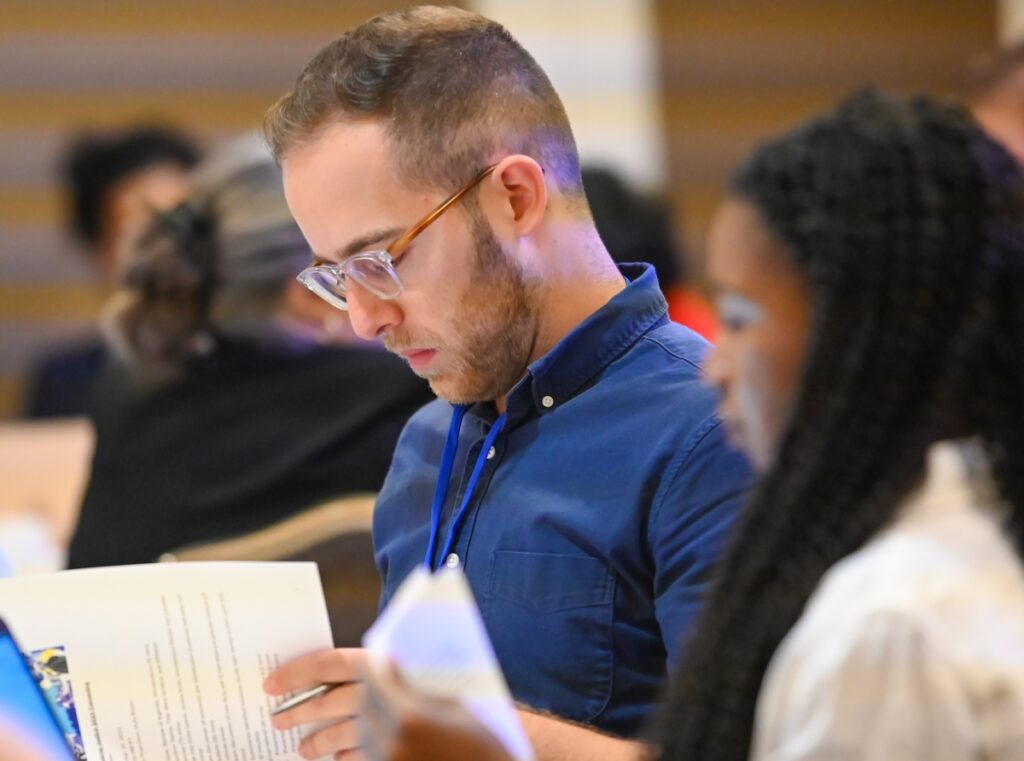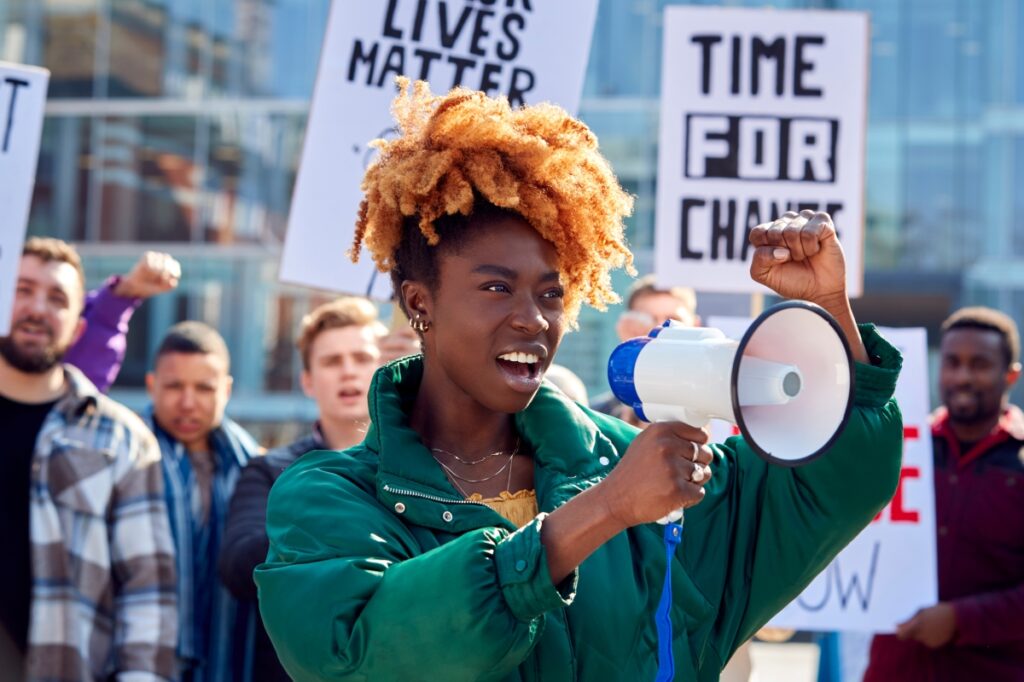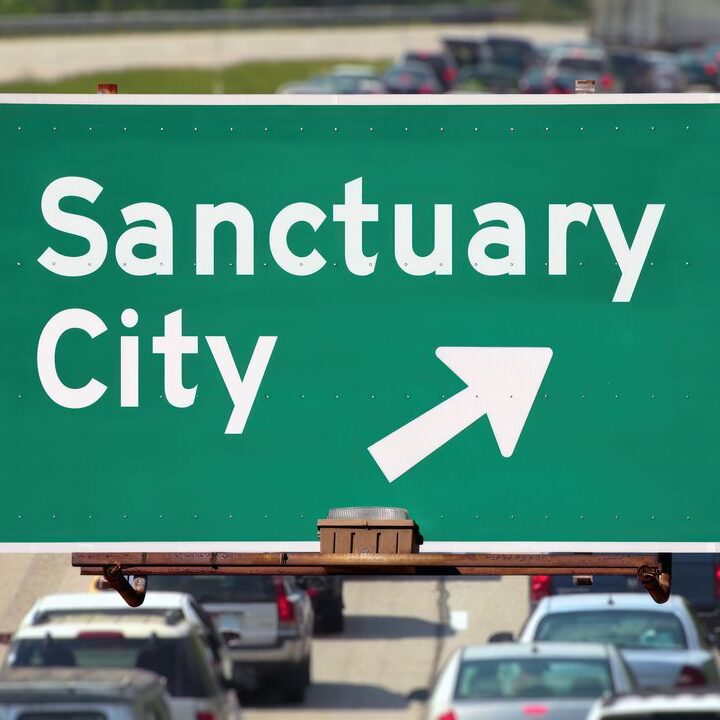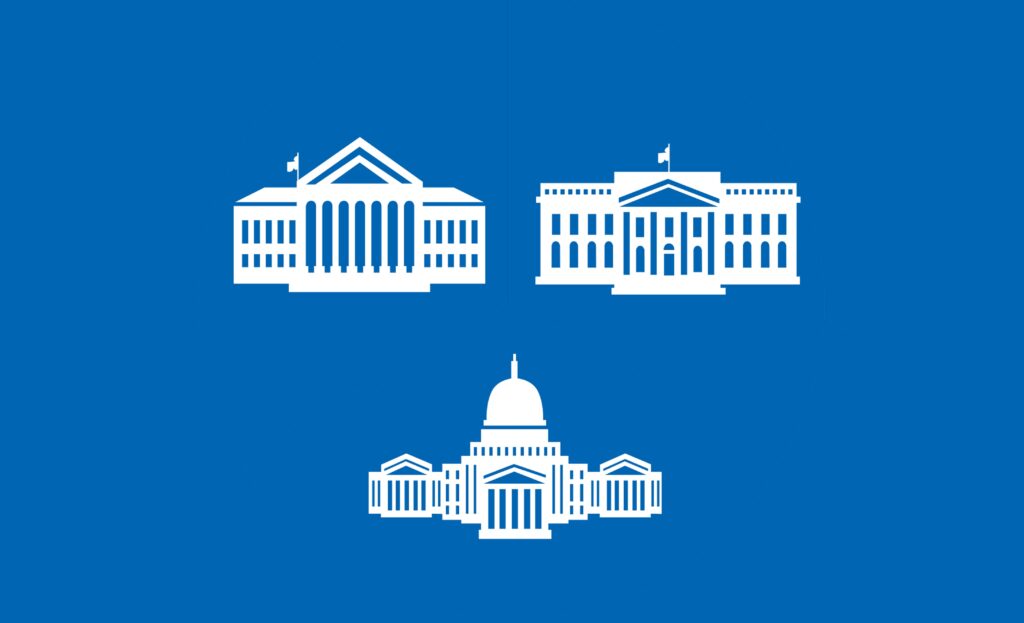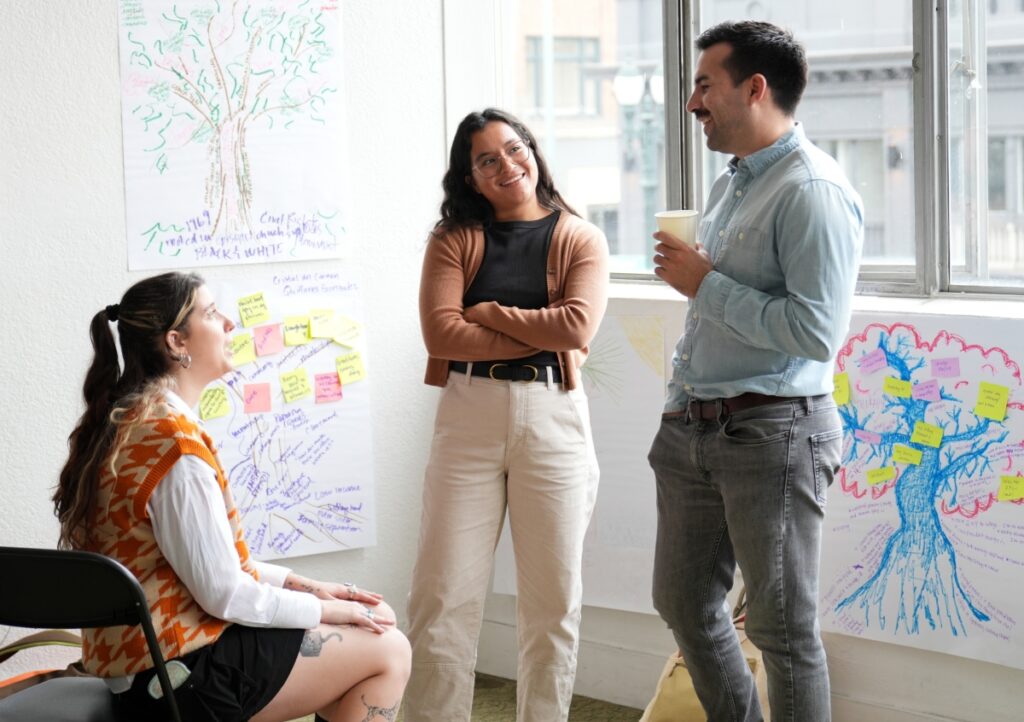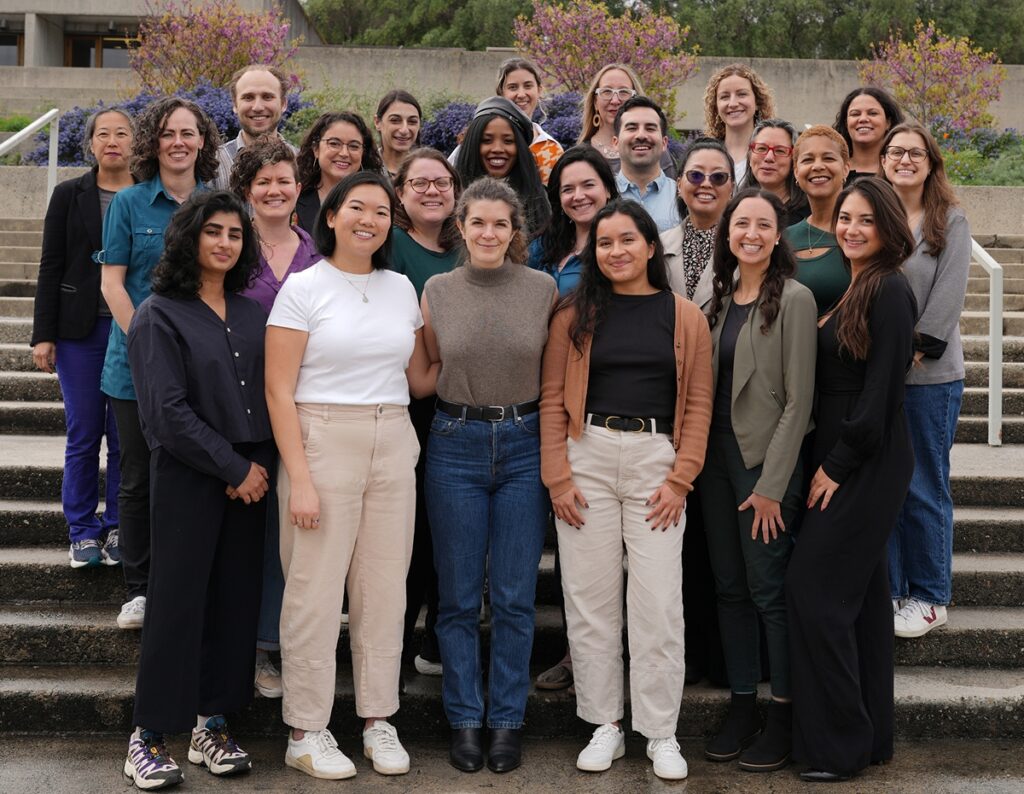- Resources
- Press
Press releases
Read our latest announcements, contact PRP spokespeople, and keep in touch with our media team.
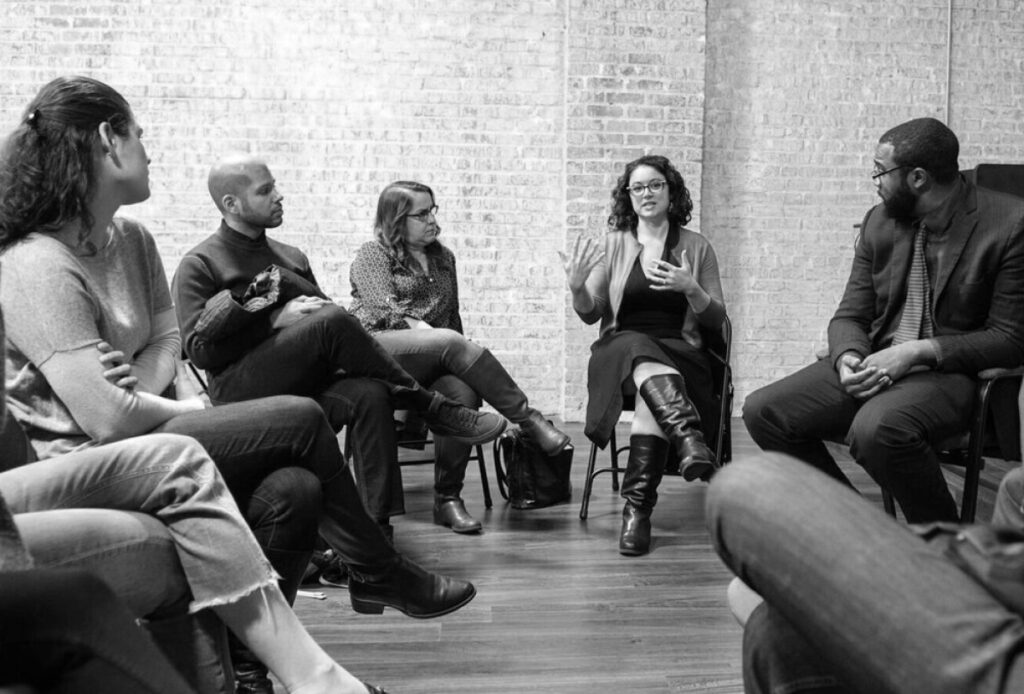
Committed to using government power for good
Committed to using government power for good
Committed to using government power for good
Committed to using government power for good
Committed to using government power for good
Filter:
Issue
Scope
Year
Clear all
-
Press release7/31/2025
Public Rights Project appoints Mimi Marziani to its board of directors
New board member Mimi Marziani is a prominent civil rights litigator and former president of the Texas Civil Rights Project. In 2014, she ran the first coordinated, statewide voter protection program for Texas Democrats. -
Press release7/31/2025
Public Rights Project announces 2025 Affirmative Leaders Fellows
The fellowship equips attorneys working for state, local and Tribal governments with skills to expand civil rights protections and advance justice. -
Press release7/10/2025
60 local governments nationwide sue to stop Trump administration’s extreme attack on housing, transit and health funding
-
Press release7/8/2025
Nationwide legal challenge grows: 34 more local governments join lawsuit to stop Trump’s illegal immigration coercion
-
Press release6/25/2025
Nonprofits, Tribes and local governments sue Trump administration for terminating EPA grant programs
A nationwide coalition of nonprofits, Tribes, and local governments is taking the Trump administration to court for illegally cutting off billions in environmental justice funding. -
Press release6/17/2025
Court blocks federal cuts to critical health funding in Harris County-led lawsuit
A federal judge blocked the U.S. Department of Health and Human Services (HHS) from cutting off funding for public health programs that support vaccinations, disease surveillance and critical health infrastructure. -
Press release6/17/2025
53 local governments and local government leaders urge court to prevent federal interference during public protests
Public Rights Project filed an amicus brief urging the U.S. Court of Appeals for the Ninth Circuit to lift its hold on a temporary restraining order issued by a district court. -
Press release6/11/2025
Public Rights Project urges court to protect $820 million in public safety funding
After the federal government unlawfully terminated public safety grants, Public Rights Project and 25 local governments warn of devastating impact at local and national scale. -
Press release5/29/2025
Coalition of local governments issues statement in response to Trump administration releasing sanctuary jurisdictions list
-
Press release5/21/2025
Major win: Frozen grants to be restored in lawsuit challenging federal funding freeze
A federal court ordered the Trump administration to reinstate federal funding for critical community programs across the country. -
Press release4/29/2025
Public Rights Project (PRP) Challenges Trump Administration’s Unconstitutional Reorganization of Federal Government
-
Press release4/25/2025
Public Rights Project Files National Lawsuit Against HHS to Block Unlawful $11 Billion Cut to Public Health Programs
-
Press release4/23/2025
Public Rights Project issues statement in advance of hearing in sanctuary lawsuit against Trump administration
-
Press release4/1/2025
Public Rights Project and 60+ Local Government Leaders Urge Supreme Court to Reject Attempt to Restrict Medicaid Providers
-
Press release1/6/2025
Innovative Oakland City Attorney’s Affirmative Litigation Division Yields 5x Return on Investment, Enhancing Public Safety and Serving as a Model for Civil Rights Protection
-
Press release7/1/2024
Public Rights Project and Bipartisan Coalition of Michigan Election Clerks Urge State Supreme Court to Hold Rogue Election Workers Accountable for Misconduct
-
Press release4/18/2024
Public Rights Project and Coalition of Wisconsin Elections Officials Urge State Supreme Court to Reinstate Drop Boxes Ahead of 2024 Election
-
Press release4/16/2024
Georgia District Attorneys File New Lawsuit Against the State To Challenge Reactivated Oversight Commission
-
Press release4/3/2024
Public Rights Project and 30+ Florida Leaders Urge Florida Supreme Court to Protect Black Voters in Congressional District 5
-
Press release3/25/2024
Public Rights Project, Protect Democracy, and Bipartisan Coalition of Election Officials Urge Arizona Court to Protect Fair Elections
-
Press release3/11/2024
Public Rights Project and 30+ Florida Leaders Urge Florida Supreme Court to Protect Black Voters in Congressional District 5
-
Press release2/28/2024
Public Rights Project Launches National Election Protection Hub to Defend 200+ Local Elections Officials Under Unprecedented Attacks in 2024
-
Press release8/2/2023
Georgia Prosecutors File Lawsuit Against the State To Challenge Governor Kemp’s Oversight Commission
-
Press release1/20/2023
PRP Statement on Warren v. DeSantis Trial Court Decision
-
Press release7/28/2022
Public Rights Project and Local Jurisdictions Urge Federal Agencies to Prohibit Federal Cooperation With State-level Abortion Bans

